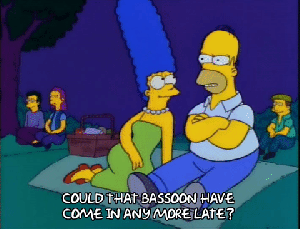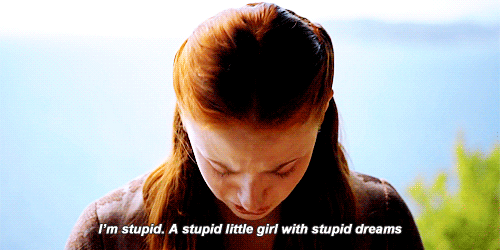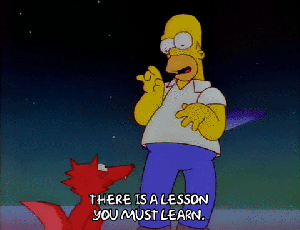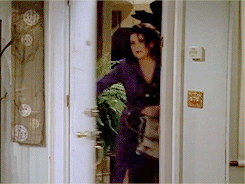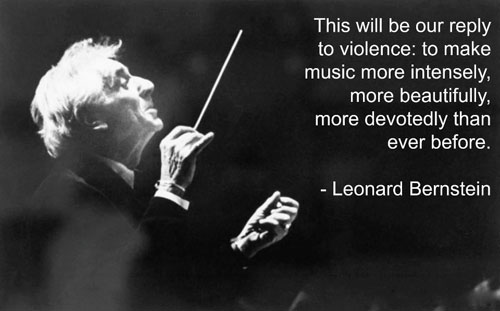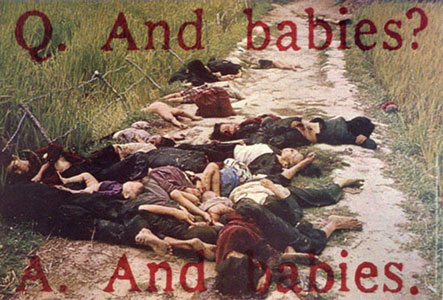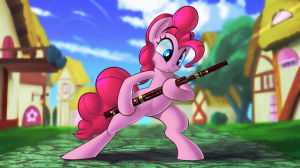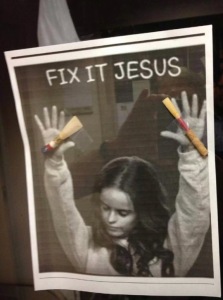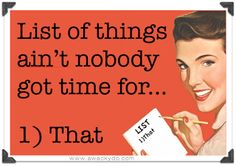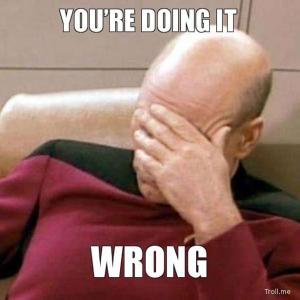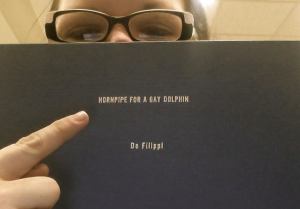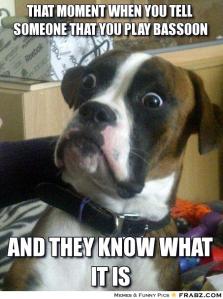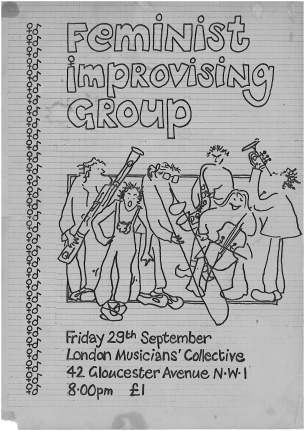First of all…this is not for the big name NYC/LA/BGSU/etc. programs, don’t come at me with your luxury goods. #notallprograms
A friend snap-chatted a picture of a facebook post from his undergrad music program. The contemporary music ensemble was playing Britten on their next program. I love Britten. His operas are beautiful, and his music is amazing. One of my favorite people is a Britten scholar. But Britten isn’t contemporary. He died in the 70’s. I went a little bit crazy on twitter about it, but I felt like I needed to flesh out my thoughts beyond 240 character snippets.
I know this is an issue we all contend with. Symphony Orchestras planning entire seasons where the most contemporary thing they play is Stravinsky, or your local “professional contemporary ensemble” only playing works written before 1950. But schools of music should be at the absolute forefront of contemporary musicianship, especially if you are going to offer a contemporary music ensemble, and especially if you have a composition program.
In fact, a school with a composition program, and no contemporary ensemble, is doing a disservice to both it’s performing students and the composers. Composers who approach their peers with no exposure to works after 1950 have a severe disadvantage when trying to work out ideas. Closed feedback loops of canon lead to closed minds.
But it becomes more basic than that. Just look at the timeline, as context is so important. Beethoven died in 1827, and Pierrot Lunaire was premiered in 1912. Just 85 years passed between the final great death of the classicalish era (don’t @ me musicologists), and Schoenberg’s first breakout single of the aughts. It’s been 105+ years between us and that piece now. If your contemporary music program is still programming Pierrot Lunaire, then you are not a contemporary ensemble, you are a Pierrot ensemble. That piece has been around so long, that we use it as an instrumentation template. Beethoven was more contemporary to Schoenberg than Schoenberg is to us. He is a historical artifact, just like Mozart, or Palestrina.
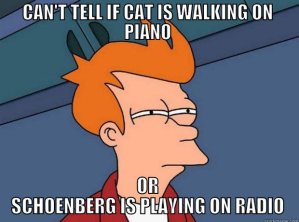
However, Carter, who out lived them all, hardly gets played, while his work is just as accessible to musicians, just as hard as Schoenberg, and perfect for musicians to learn how far they want to push themselves. There are literally thousands of composers almost willing to give the music away just to have it played by your ensemble. To have it slaved over for a couple of weeks. Just for someone to look at it, take it home, give it love.
But new compositions aren’t puppies you pick up at the pound, they are living, breathing documents of the art that lives NOW. Just as much as Hamilton changed the way broadway thinks about it’s music, contemporary works change the way we approach all parts of music. When we work with composers, Beethoven becomes less of a god, and more of a guy, who couldn’t hear, working shit out, like the rest of us. I work with musicians every day that are living their lives, pushing themselves to the mental limit to change our lives in quieter, but albeit equally significant ways. I’ve witnessed music that would take you to the same depths as a Tchaikovsky violin concerto, but with fewer notes, and more emotional impact. I’ve heard pieces that reflect the AIDS epidemic of the 80’s and the crisis of LGBT and black youth in the 2000’s to now–Music that would upset you, and music that would take you to a better place.
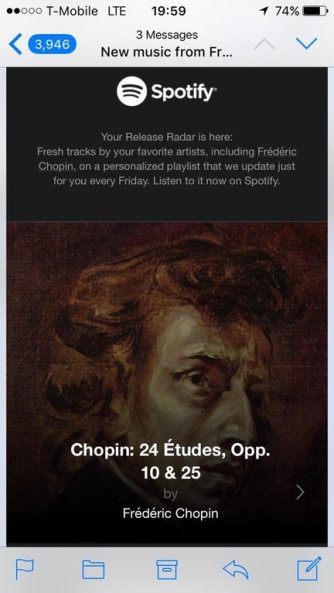 I get it. Music is transcendent, and that old stuff has it’s place. Colleges have a mission to preserve the old, while revealing the new. And I also get that is still sounds new to a lot of us. Dada still sounds weird, and sprechstimme is not something our ears hear every day. But we still aren’t doing enough to push the new things. Maybe we need to find a better place for Britten and Schoenberg to live. I don’t have a solution. I don’t even know if there is one. I just can’t help but encourage my peers to place a larger emphasis on the living artists that are around them, that have a greater potential to reap the benefits of your making music. I’m sure I’m preaching to the choir, but I hope this reaches someone that can make a tiny change that will perhaps impact the next young student looking for something to connect with as I once did.
I get it. Music is transcendent, and that old stuff has it’s place. Colleges have a mission to preserve the old, while revealing the new. And I also get that is still sounds new to a lot of us. Dada still sounds weird, and sprechstimme is not something our ears hear every day. But we still aren’t doing enough to push the new things. Maybe we need to find a better place for Britten and Schoenberg to live. I don’t have a solution. I don’t even know if there is one. I just can’t help but encourage my peers to place a larger emphasis on the living artists that are around them, that have a greater potential to reap the benefits of your making music. I’m sure I’m preaching to the choir, but I hope this reaches someone that can make a tiny change that will perhaps impact the next young student looking for something to connect with as I once did.

